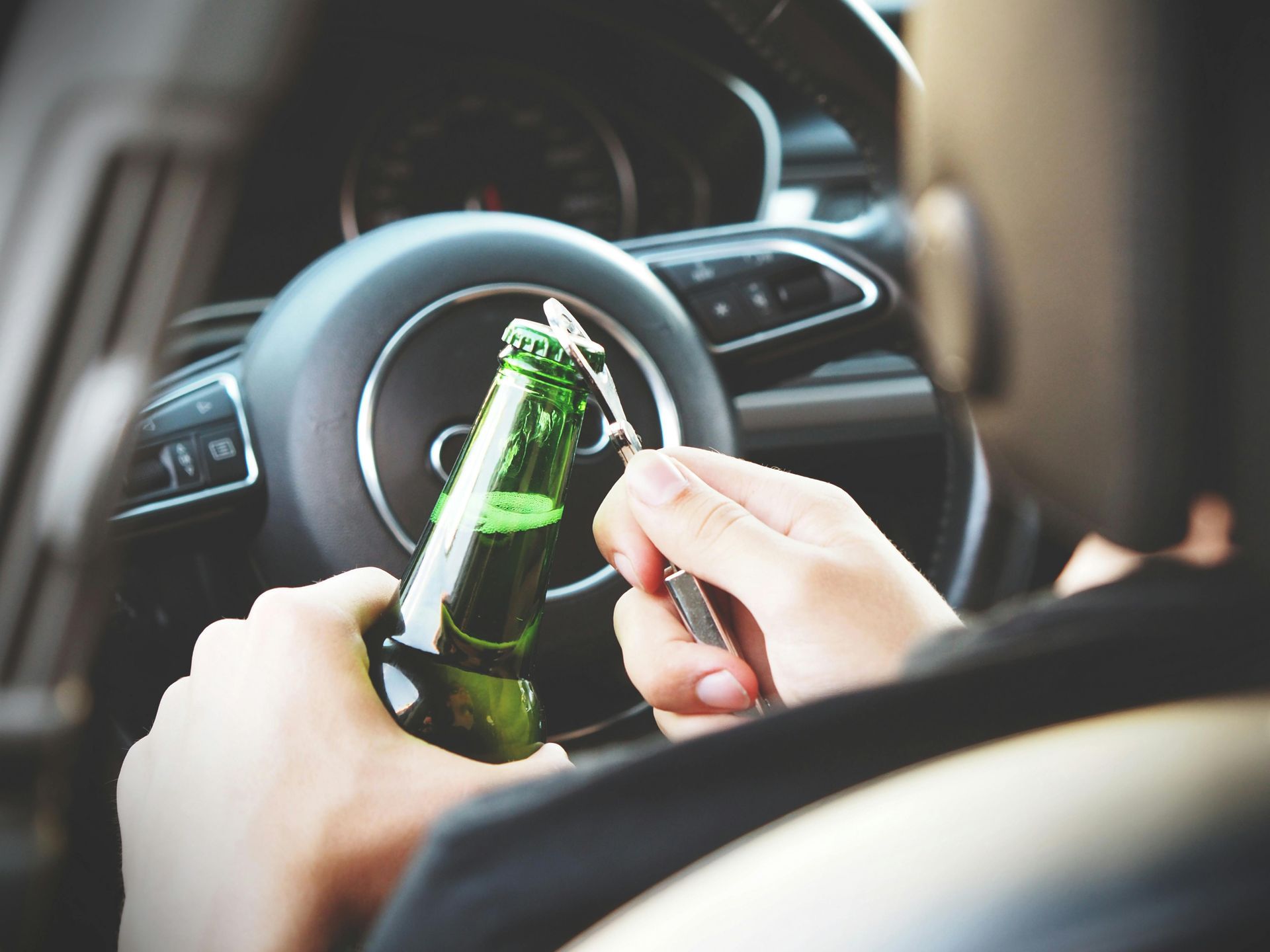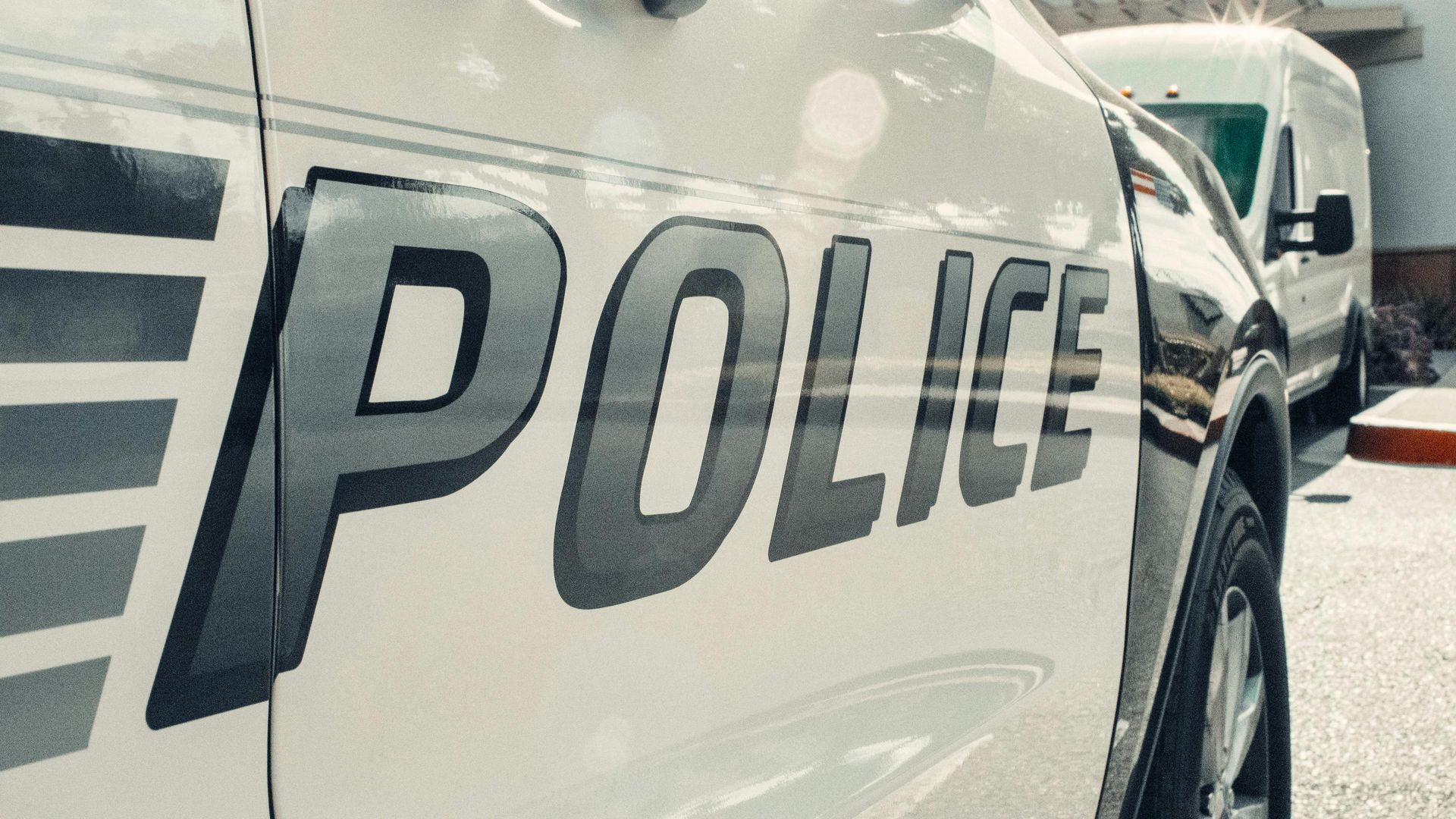Contact Us
Phone: 404-856-5945
Location
750 Hammond Dr
Suite 10
Atlanta, GA 30328
Hours
- Mon - Fri
- -
- Saturday
- -
- Sunday
- -
Call Now Free Consultation: 404-856-5945
Pulled Over by Police? Know Your Rights
Pulled Over by Police? Know Your Rights
Police are always on the lookout for signs of impairment, and if they see that a motorist appears to be driving erratically, they will more often than not pull them over. They may also have grounds to stop a driver if they believe that they are committing a traffic violation, but they must have reasonable cause to do so in all cases. If you've recently been stopped by the police, what were your rights at the time – and did you have to agree to their request, come what may?
Remain Calm
Let's face it, nobody likes to be pulled over by the police, and it can be quite a traumatic experience, especially if it is your first time. It's little wonder, then, that many people begin to panic and may say or do the wrong thing. However, it's very important to keep your wits about you and be aware of just what the law says.
Start with Reasonable Cause
To begin with, a police officer must have a reasonable cause (or suspicion) to believe that you have violated the law. They may say that you had been driving erratically and would like to check your sobriety. Or, they may say that you have a broken taillight and as this is a traffic violation, they have the right to stop the vehicle.
If they cannot adequately point to "reasonable cause", then your solicitor could bring a motion to suppress the evidence in court, and this could result in an acquittal.
Simple Stop
In an ordinary traffic stop, an officer may issue a citation (for the broken taillight, for example), and you'll be on your way. However, they don't have an automatic right to search the vehicle or its contents, and you will be perfectly within your rights to refuse.
Refuse to Allow a Search
In this case, your Fourth Amendment rights are in question. You can politely refuse any request so long as the officer does not have any other suspicions. They will need to clearly articulate their concerns if they want to carry out a car search without your consent. This has been upheld many times in court, all the way up to the US Supreme Court.
If the officer is persistent in their request to search your vehicle, you need to tell them politely but firmly that you refuse or ask them to provide their suspicions. In turn, they need to articulate their position clearly or must allow you to proceed.
Initial Interaction
If the officer suspects that you may be impaired behind the wheel, they will carefully observe your behavior and responses during initial questioning. If they believe they can smell alcohol or you appear to be fumbling, then they may want to progress to a field sobriety test.
Remain Silent
During the initial interaction, the officer may ask whether you have had anything to drink. Whether you answer or not is up to you as you are within your rights to remain silent. However, you should tell the officer that you wish to exercise this right, so there is no uncertainty. Just remember that in most states, you must identify yourself when behind the wheel, and an officer may arrest you if you refuse to do so.
Field Tests and Your Rights
Officers will typically conduct a field sobriety test or a preliminary alcohol screening test if they suspect that you have been driving under the influence. In most states, you give your implied consent to taking one of these tests when you first get your driver’s license and privileges.
Legal opinion does vary here, however. Some lawyers believe that you are within your rights to refuse a roadside sobriety test and even the blood, breath or urine test back at the police station. However, there may be some hefty fines and other consequences if you are subsequently convicted of driving under the influence. You may even get a mandatory minimum jail sentence in this situation or be unable to obtain a hardship license in any case.
Remember, the field sobriety tests are not admissible evidence in a court of law. The court will simply have the officer's report to go by, and it may be possible to dispute some of the facts if you hire a competent attorney.
What Happens During an Arrest?
If you are subsequently arrested on suspicion, this means that the officer has probable cause to arrest you for driving under the influence. They may take your driver’s license away from you and issue a temporary permit in its place. This permit will expire when you have had your day in court or the DMV has decided whether to suspend the license.
If you are arrested, you will have to arrange bail in order to get out or wait until a judge can release you on your own recognizance.
Remember the Details
Try to remain composed and remember everything that takes place whenever an officer of the law stops you. Small details may matter, and you should write everything down as soon as you can so that you do not forget.
Compare the Police Report
Then, retain a competent attorney. Discuss all these details with them, and they will compare the information against the police report. This will describe the case against you, and an experienced attorney will know how to interpret its content. They'll be able to assess the strengths and weaknesses of the state's case and may be able to discuss these with the prosecutor.
Remain Calm and Assert Your Rights
Remember, you have rights whenever you are stopped by a police officer and can assert these rights at any time. Don't feel bullied or intimidated, and simply reply calmly and politely to any questions.
Just bear in mind that traffic laws (and DUI laws) can vary from state to state, and the facts of each case are different. Therefore, if you have any concerns following an interaction with a law officer, speak with an attorney for advice.




Schedule a Case Evaluation
Contact us now!
Homepage FCE Form
We will get back to you as soon as possible.
Please try again later.
By submitting this form, you agree to be contacted by our law firm, either by phone, text or by email.
Hours
- Mon - Fri
- -
- Saturday
- -
- Sunday
- -
Quick Links
Disclaimer: The information on this website is for general information purposes only. Nothing on this site should be taken as legal advice for any individual case or situation. This information is not intended to create, and receipt or viewing does not constitute an attorney-client relationship.
All Rights Reserved | Law Offices of Thomas J. Thomas | Powered By Convert It Marketing | Privacy Policy
All Rights Reserved | Law Offices of Thomas J. Thomas | Powered By Convert It Marketing | Privacy Policy







